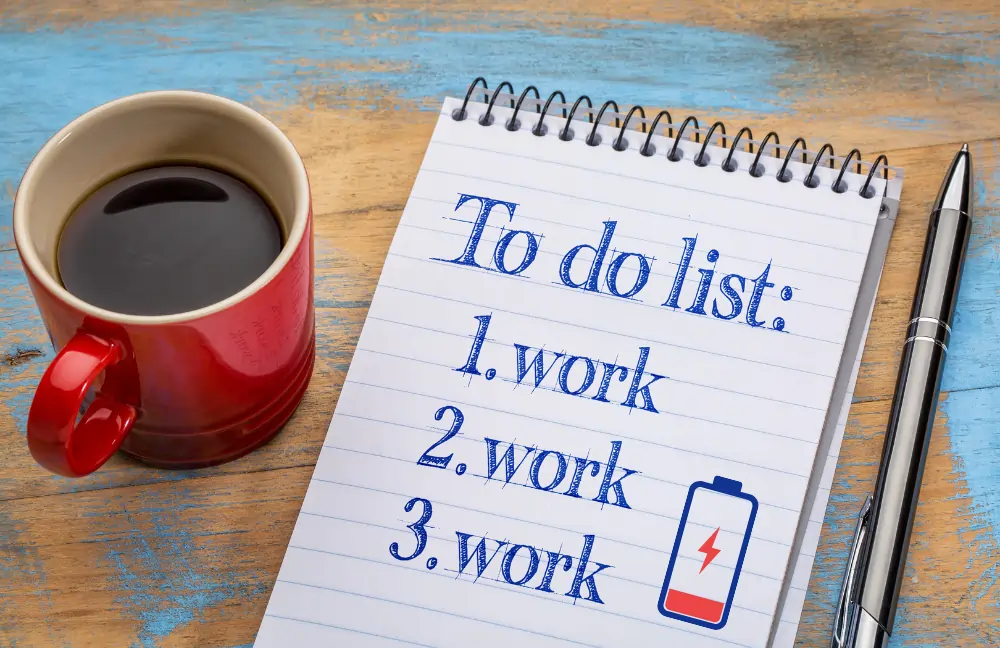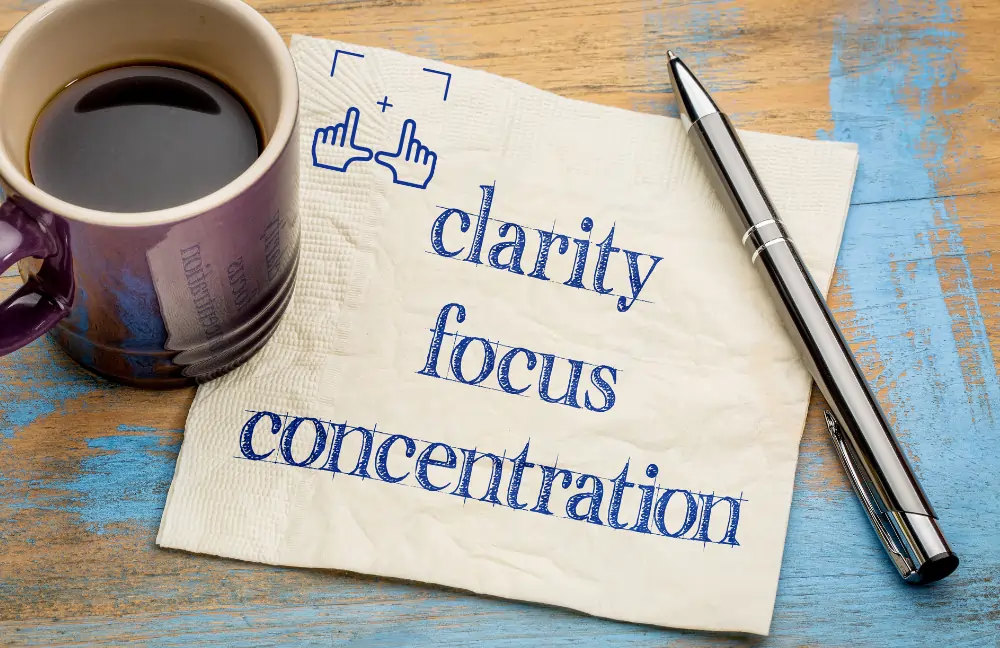What is Sleep Meditation?
Sleep meditation is a ritualistic guided exercise that you can practice right before sleeping, to help you relax and assure a good night’s sleep. Sleep is more than a passive state of unconscious disconnection from the real world. It is an active process wherein your body systems realign themselves to perform important functions that cannot occur while you are awake. Sleep helps you recuperate from the day’s relentless hard work, both physically and mentally.
What will this Sleep Meditation Audio do?
This guided sleep meditation is designed to help you let go of the day’s worries as well as set aside tomorrow’s apprehensions, to assure a good sleep, tonight. After all, every good machine needs its rest and rebooting time. Healthy sleeping is more about the quality of rest, than the quantity of hours you spend in bed.
Listening to this ritualistic sleep mantra creates an inner mind state conducive to restful sleep. When you settle your mind, the body begins to feel the tranquility; and it is this restfulness which makes it easier to wind down and drift into slumberland.
If you are overworked, under-slept and drained, you do not get good sleep; even though you ordinarily think that you’ll sleep better because your mind and body are craving for it. Good sleep actually needs good preparation. Sleep Meditation does exactly that. It gears you to sleep well.
“Sleep is the best meditation…”
- Shefali Batra
Unswerving Evidence for Sleep Meditation
In the past few decades, mindfulness meditation has gained popularity in sleep science. Mindfulness is a way of paying purposeful attention in the present moment, without judgment. It involves curiosity, flexibility and compassion. Curiosity to delve into internal thoughts, flexibility to shift focus from intermittent distractions back to the mind, and compassion towards your own self in the process.
This kind of meditation attacks the dysfunctional thought and emotional processes that affect sleep quality negatively. It lowers ruminative thoughts, diminishes emotional hyperarousal and allows you to make an impartial reappraisal of your day’s experiences, all of which together facilitate good sleep.
Why Unwinding Is Hard
Unwinding after a long, busy day isn’t so easy. Additionally, because of the mind’s tendency for inertia, you keep ruminating on what happened in the day, whether good or bad. And this can prevent you from sleeping soundly at night. Especially in the recent past, the status of mental heath in the pandemic has dropped. Relaxation and unwinding is imperative to prevent stress from turning into more serious anxiety or depression.
The analogy – sleep like a baby comes with a rationale. Babies do not worry about their previous or the forthcoming day; that is why they sleep well. And then babies grow up. They now cuddle in bed with a smartphone or laptop and that doesn’t help. The blue light on smart devices interferes with the brain waves (seen on EEG or electroencephalographic studies) and prevents deep sleep which is otherwise restful.
Preparing for Sleep Meditation
To help you sleep better, you need to start by shutting off all blue-lit devices – except the one playing this audio, of course. Once you are literally disconnected (from all gadgets that bind you), you have to start work on deeper disconnection with the mind.
The aim of sleep meditation is to slow your mental activity, naturally. The instructions will assist you in attaining the deep state of relaxation and allow you to slip into slumber, leaving the stresses and worries of the previous and next day, behind.
Practice Sleep Meditation Rightly
Do listen to this audio each night before you sleep.
I hope this helps you sleep well!
References
- Rusch, H. L., Rosario, M., Levison, L. M., Olivera, A., Livingston, W. S., Wu, T., & Gill, J. M. (2019). The effect of mindfulness meditation on sleep quality: a systematic review and meta-analysis of randomized controlled trials. Annals of the New York Academy of Sciences, 1445(1), 5–16.
- Black, D. S., O’Reilly, G. A., Olmstead, R., Breen, E. C., & Irwin, M. R. (2015). Mindfulness meditation and improvement in sleep quality and daytime impairment among older adults with sleep disturbances: a randomized clinical trial. JAMA internal medicine, 175(4), 494–501.
- Nagendra, R. P., Maruthai, N., & Kutty, B. M. (2012). Meditation and its regulatory role on sleep. Frontiers in neurology, 3, 54.







